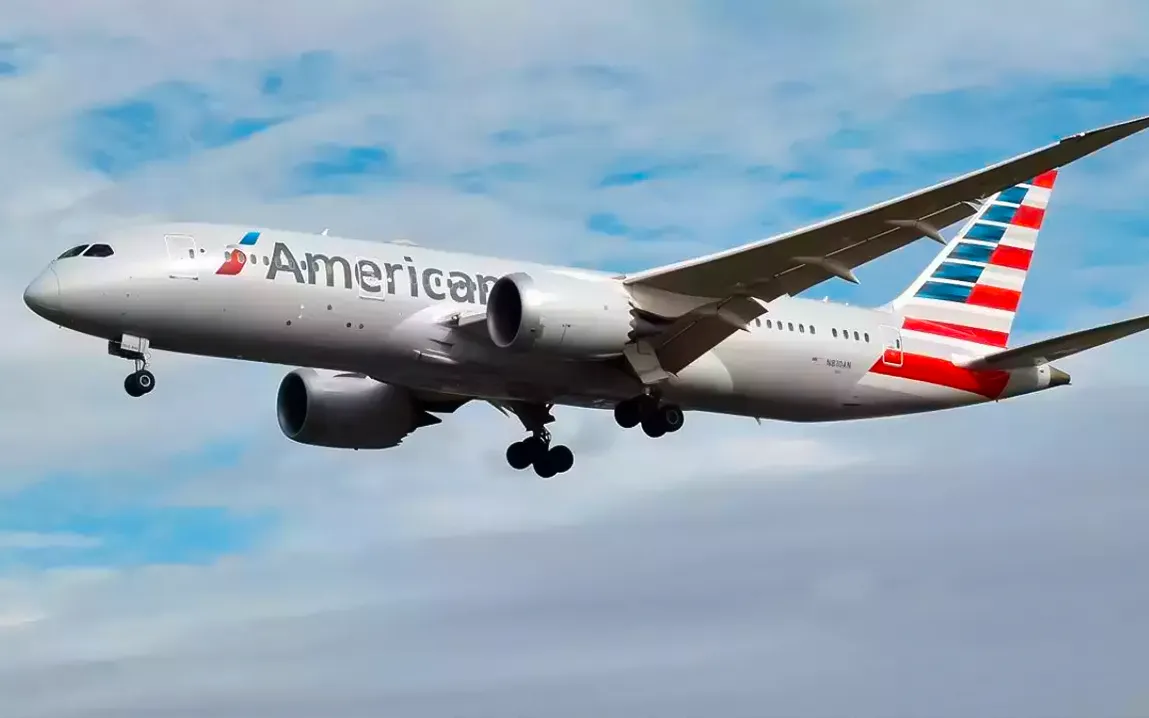A U.S. appeals court has blocked a rule requiring airlines to disclose baggage and seat selection fees upfront, citing procedural issues.
While consumer advocates argue the rule would promote fair pricing, airlines claim it would increase confusion and costs. The decision has reignited debate over airline pricing transparency.
A U.S. appeals court has blocked a Biden administration rule that would have forced airlines to disclose all service fees upfront, including baggage and seat selection charges.
The court ruled that the U.S. Department of Transportation failed to properly follow procedural guidelines, sending the rule back for review.
The regulation, introduced in 2024, aimed to protect consumers from unexpected fees by requiring airlines and ticket agents to display total costs alongside airfare.
However, major airlines including American Airlines, Delta, United, JetBlue, and Alaska Airlines filed a lawsuit, arguing that the rule would be costly to implement and would overwhelm consumers with excessive information.
Major airline trade group Airlines for America applauded the decision, describing the rule as “government overreach” that would disrupt ticket purchases.
On the other hand, USDOT defended the rule, claiming it would stop “bait-and-switch tactics” and end airport price surprises at the last minute.
With U.S. airlines earning $7.1 billion in baggage fees in 2023, up from $6.8 billion in 2022, airline fees have grown to be a significant source of income.
According to the banned rule, airlines would have had to make adjustments to their own websites by April 2025 and reveal fee information to third-party booking services by October 2024.
As USDOT decides its next course of action, the future of pricing transparency is still unclear due to growing consumer annoyance over hidden airline surcharges.



